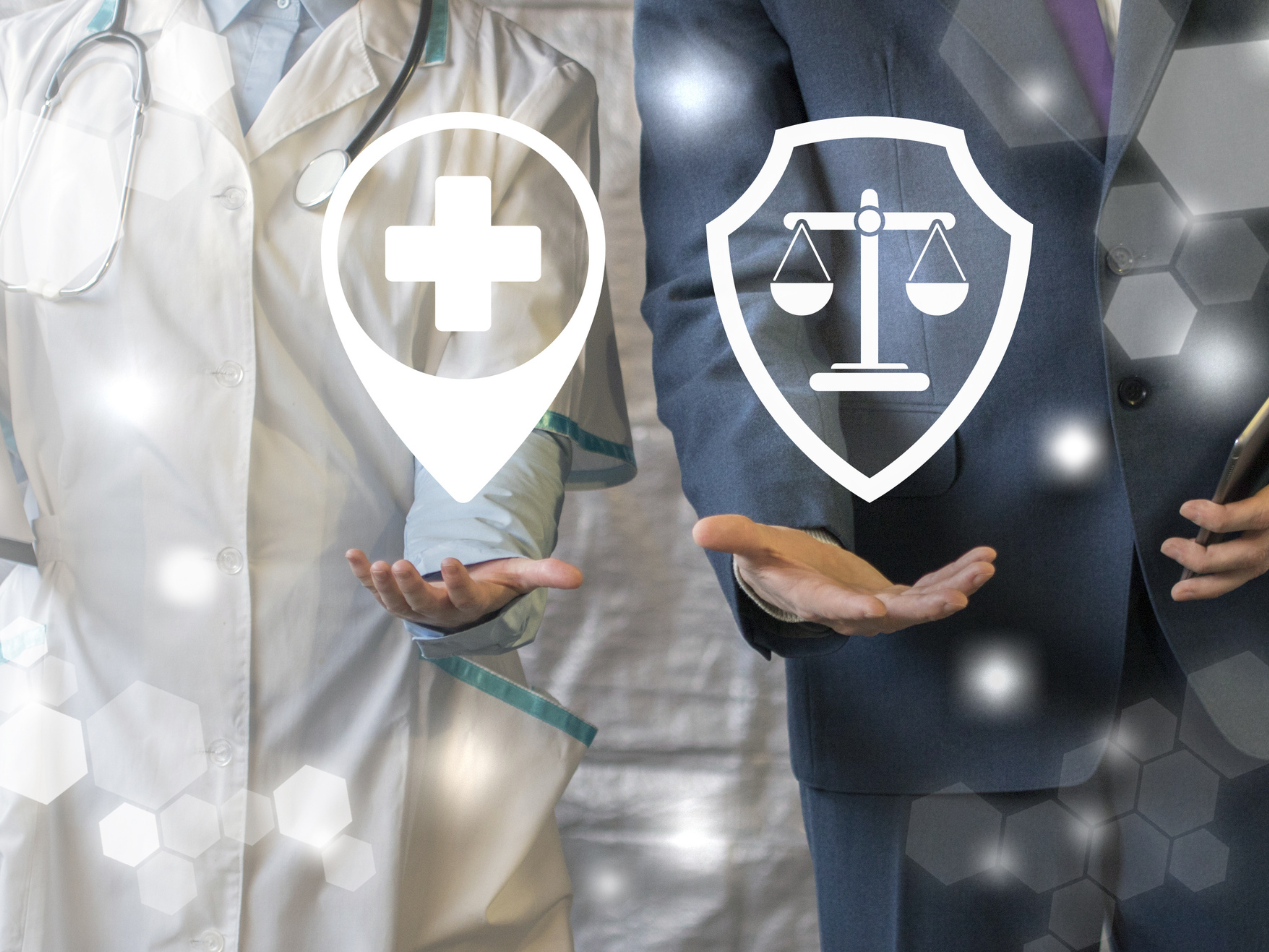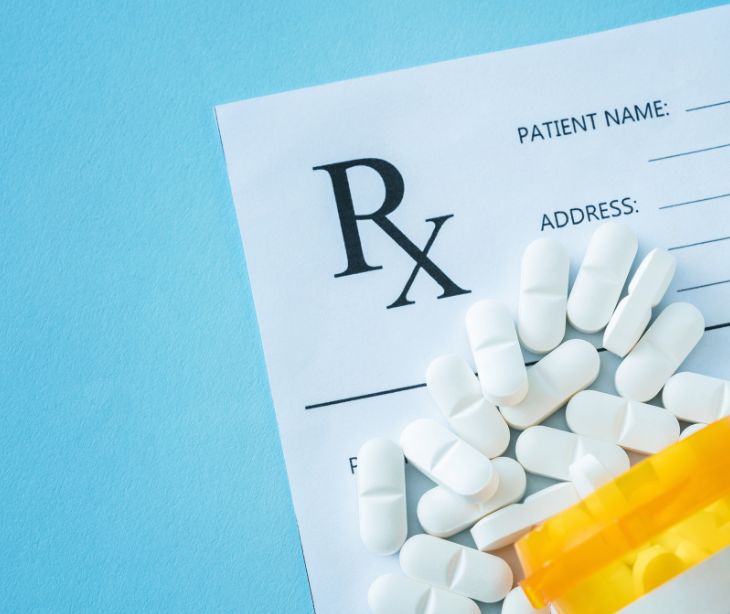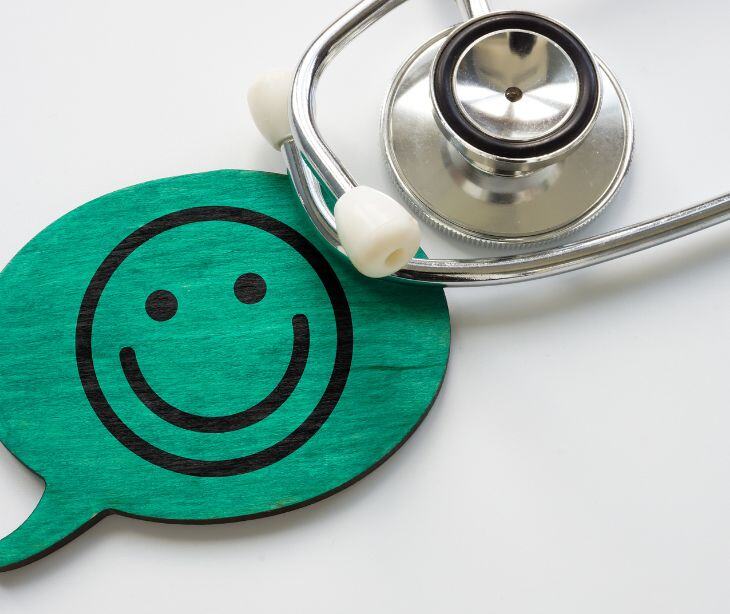
In a previous post this week, we answered the question: “do nutritionists need to follow HIPAA guidelines?”
In this post, we'll take a look at a related profession, that of a dietitian. At first glance, you may thing the two fields are identical. They are not.
As such, we'll next answer the question: "Do dietitians need to abide by HIPAA regulations?
Dietitians and HIPAA
As a dietitian, you are a healthcare professional who is responsible for providing nutrition care to your clients. As such, you are also bound by the same legal standards as other healthcare providers, including the Health Insurance Portability and Accountability Act (HIPAA).
HIPAA is a federal law that was enacted in 1996 to protect the privacy and security of individuals' health information. It applies to all healthcare providers, including dietitians, who handle protected health information (PHI).
PHI includes any information that can be used to identify a patient. Example include names, addresses, dates of birth, and medical history.
Dietitians and PHI
As a dietitian, you may come into contact with PHI in a variety of ways. For example, you may collect information about your clients' dietary habits and medical history during an initial consultation. You may also receive information from other healthcare providers, such as doctors or nurses, to help you make nutrition recommendations.
It is important that you follow HIPAA guidelines when handling PHI to ensure that your patients' personal and medical information remains confidential. This includes taking steps to protect the information from unauthorized access or disclosure, such as by securing your patients' records and using secure communication methods like HIPAA compliant email when discussing their information with other healthcare providers.
In addition to protecting your clients' privacy, following HIPAA guidelines can also help to prevent legal liabilities. If you fail to adequately protect your patients' PHI, you could face fines, legal action, and damage to your reputation.
HIPAA compliance tips for dietitians
So, what can you do to ensure that you are complying with HIPAA as a dietitian?
Here are some tips:
- Familiarize yourself with HIPAA regulations. Make sure you understand what HIPAA requires and how it applies to your practice. This includes understanding the different types of PHI, how to protect it, and when you are permitted to disclose it.
- Implement appropriate safeguards. Take steps to secure your clients' PHI, such as by storing records in a secure location, using password-protected electronic systems, and shredding paper records when they are no longer needed.
- Train your staff. Make sure that your staff is aware of HIPAA regulations and knows how to handle PHI properly. This may include training them on how to handle client records, how to use secure communication methods, and how to handle requests for PHI from authorized parties. We use Compliancy Group for HIPAA training and are happy customers.
- Use secure communication methods. Use secure email or other encrypted methods of communication when discussing PHI with other healthcare providers or when communicating with clients.
Conclusion
In conclusion, dietitians need to follow HIPAA guidelines to protect the privacy and security of their clients' health information. Unlike nutritionists, there are no fine grain distinctions to be made for dietitians and HIPAA compliance.
By familiarizing yourself with HIPAA regulations, implementing appropriate safeguards, training your staff, and using secure communication methods, you can ensure that you are complying with these important regulations.
Subscribe to Paubox Weekly
Every Friday we'll bring you the most important news from Paubox. Our aim is to make you smarter, faster.



 Hoala Greevy
Hoala Greevy



